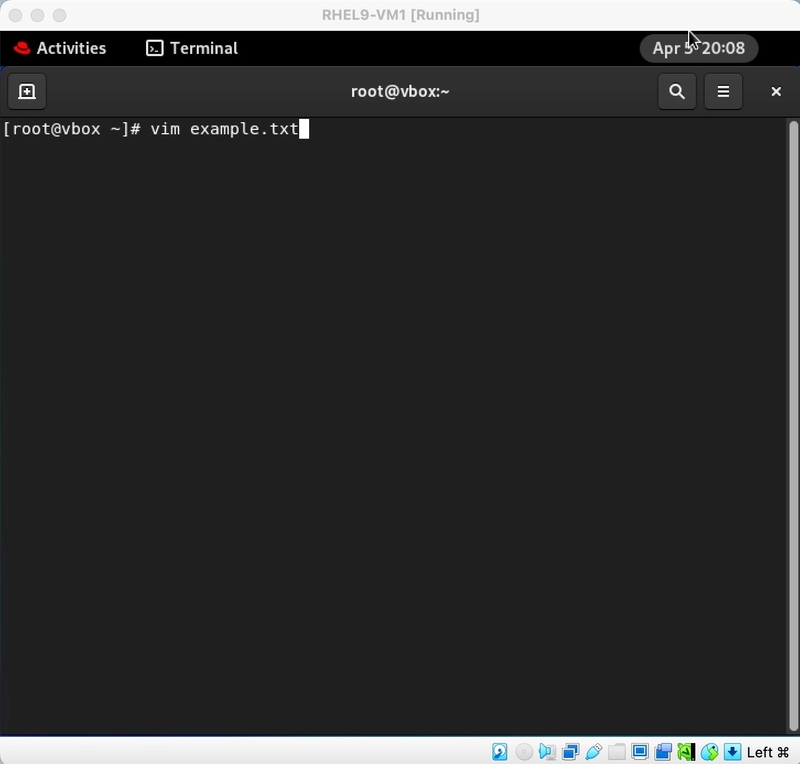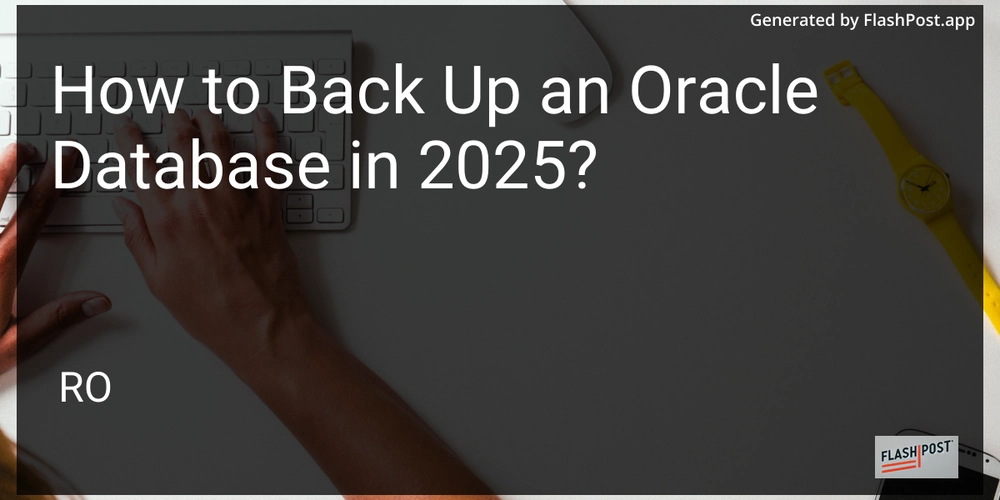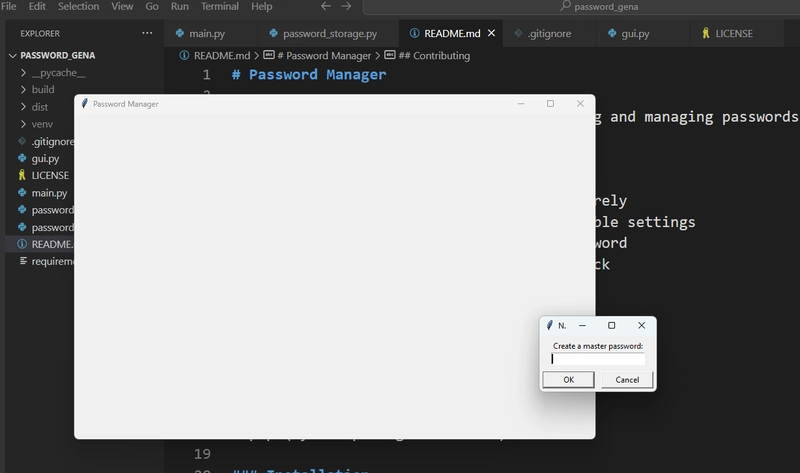Enterprise SaaS Platform – The Ultimate Guide
Enterprise SaaS (Software-as-a-Service) platforms have revolutionized how businesses operate by offering cloud-based solutions that eliminate the need for costly on-premise infrastructure. These platforms provide scalable, secure, and feature-rich software applications tailored to meet the needs of large organizations. What is an Enterprise SaaS Platform? An enterprise saas platform is a cloud-based software solution designed for businesses of all sizes, especially large corporations. Unlike traditional software that requires installation on local servers, SaaS applications are hosted on the cloud and accessed via the internet. Evolution of SaaS in the Business World SaaS has come a long way from simple cloud-based applications to fully integrated enterprise solutions. In the past decade, companies have embraced SaaS for its ability to streamline operations, enhance productivity, and provide real-time access to data from anywhere. Why Enterprises are Moving to SaaS The shift to SaaS is driven by several factors, including cost savings, agility, and improved scalability. Traditional software systems require heavy IT management and infrastructure, whereas SaaS platforms offer automatic updates, security enhancements, and seamless integration capabilities. Key Features of an Enterprise SaaS Platform To be effective for large organizations, an enterprise SaaS platform must offer robust features, including: Scalability and Performance Enterprises require software that can scale with their growth. SaaS platforms provide elastic cloud computing resources that expand as business needs increase, ensuring optimal performance without costly hardware investments. Security and Compliance Security is a major concern for enterprises handling sensitive customer and business data. Enterprise SaaS providers implement strong encryption, multi-factor authentication (MFA), and compliance with industry regulations like GDPR, HIPAA, and SOC 2. Multi-Tenancy Architecture Enterprise SaaS platforms use multi-tenancy to serve multiple customers from a single infrastructure while keeping their data isolated. This enhances efficiency, reduces costs, and enables smooth updates. Customization and Integration Capabilities Large businesses rely on multiple tools and software solutions. A good SaaS platform offers APIs and integrations with CRM, ERP, and other business applications, ensuring seamless data exchange. Advanced Analytics and AI-driven Insights Modern SaaS platforms leverage AI to analyze data, predict trends, and automate workflows. These insights help businesses make data-driven decisions and improve efficiency. Benefits of Enterprise SaaS for Businesses Enterprises adopting SaaS platforms experience numerous advantages: Cost Efficiency and Reduced IT Burden SaaS eliminates the need for expensive on-premise hardware and IT maintenance. Businesses pay for what they use, reducing upfront costs and allowing for better budget management. Seamless Collaboration and Remote Work Support Cloud-based SaaS solutions enable teams to work from anywhere, promoting better collaboration through real-time document sharing, video conferencing, and integrated communication tools. Faster Deployment and Automatic Updates Unlike traditional software that requires time-consuming installations, SaaS applications can be deployed instantly. Automatic updates ensure users always have access to the latest features and security patches. Improved Customer Experience and User Satisfaction With AI-driven automation and self-service capabilities, SaaS platforms improve customer engagement, reducing response times and personalizing user interactions. Challenges and Considerations in Adopting Enterprise SaaS Despite its benefits, enterprise SaaS adoption comes with challenges: Data Privacy and Compliance Concerns Companies must ensure their data is stored securely and complies with legal regulations. Not all SaaS providers meet strict industry-specific requirements, making compliance a crucial factor. Vendor Lock-in and Dependency Risks Enterprises may become overly dependent on a single SaaS provider, making migration to another platform complex and costly. Evaluating contract terms and exit strategies is essential. Integration Complexity with Legacy Systems Many businesses still use legacy software, which can be difficult to integrate with modern SaaS platforms. APIs and middleware solutions help bridge this gap. Performance and Downtime Issues Since SaaS relies on internet connectivity, performance fluctuations and downtime can affect business operations. Choosing a provider with high uptime guarantees is critical. Choosing the Right Enterprise SaaS Platform When selecting a SaaS provider, businesses should consider: Security and Compliance: Does the provider meet regulatory requirements? Scalability: Can the platform grow with your business? Integration Capabilities: Does it support third-party integrations? User

Enterprise SaaS (Software-as-a-Service) platforms have revolutionized how businesses operate by offering cloud-based solutions that eliminate the need for costly on-premise infrastructure. These platforms provide scalable, secure, and feature-rich software applications tailored to meet the needs of large organizations.
What is an Enterprise SaaS Platform?
An enterprise saas platform is a cloud-based software solution designed for businesses of all sizes, especially large corporations. Unlike traditional software that requires installation on local servers, SaaS applications are hosted on the cloud and accessed via the internet.
Evolution of SaaS in the Business World
SaaS has come a long way from simple cloud-based applications to fully integrated enterprise solutions. In the past decade, companies have embraced SaaS for its ability to streamline operations, enhance productivity, and provide real-time access to data from anywhere.
Why Enterprises are Moving to SaaS
The shift to SaaS is driven by several factors, including cost savings, agility, and improved scalability. Traditional software systems require heavy IT management and infrastructure, whereas SaaS platforms offer automatic updates, security enhancements, and seamless integration capabilities.
Key Features of an Enterprise SaaS Platform
To be effective for large organizations, an enterprise SaaS platform must offer robust features, including:
Scalability and Performance
Enterprises require software that can scale with their growth. SaaS platforms provide elastic cloud computing resources that expand as business needs increase, ensuring optimal performance without costly hardware investments.
Security and Compliance
Security is a major concern for enterprises handling sensitive customer and business data. Enterprise SaaS providers implement strong encryption, multi-factor authentication (MFA), and compliance with industry regulations like GDPR, HIPAA, and SOC 2.
Multi-Tenancy Architecture
Enterprise SaaS platforms use multi-tenancy to serve multiple customers from a single infrastructure while keeping their data isolated. This enhances efficiency, reduces costs, and enables smooth updates.
Customization and Integration Capabilities
Large businesses rely on multiple tools and software solutions. A good SaaS platform offers APIs and integrations with CRM, ERP, and other business applications, ensuring seamless data exchange.
Advanced Analytics and AI-driven Insights
Modern SaaS platforms leverage AI to analyze data, predict trends, and automate workflows. These insights help businesses make data-driven decisions and improve efficiency.
Benefits of Enterprise SaaS for Businesses
Enterprises adopting SaaS platforms experience numerous advantages:
Cost Efficiency and Reduced IT Burden
SaaS eliminates the need for expensive on-premise hardware and IT maintenance. Businesses pay for what they use, reducing upfront costs and allowing for better budget management.
Seamless Collaboration and Remote Work Support
Cloud-based SaaS solutions enable teams to work from anywhere, promoting better collaboration through real-time document sharing, video conferencing, and integrated communication tools.
Faster Deployment and Automatic Updates
Unlike traditional software that requires time-consuming installations, SaaS applications can be deployed instantly. Automatic updates ensure users always have access to the latest features and security patches.
Improved Customer Experience and User Satisfaction
With AI-driven automation and self-service capabilities, SaaS platforms improve customer engagement, reducing response times and personalizing user interactions.
Challenges and Considerations in Adopting Enterprise SaaS
Despite its benefits, enterprise SaaS adoption comes with challenges:
Data Privacy and Compliance Concerns
Companies must ensure their data is stored securely and complies with legal regulations. Not all SaaS providers meet strict industry-specific requirements, making compliance a crucial factor.
Vendor Lock-in and Dependency Risks
Enterprises may become overly dependent on a single SaaS provider, making migration to another platform complex and costly. Evaluating contract terms and exit strategies is essential.
Integration Complexity with Legacy Systems
Many businesses still use legacy software, which can be difficult to integrate with modern SaaS platforms. APIs and middleware solutions help bridge this gap.
Performance and Downtime Issues
Since SaaS relies on internet connectivity, performance fluctuations and downtime can affect business operations. Choosing a provider with high uptime guarantees is critical.
Choosing the Right Enterprise SaaS Platform
When selecting a SaaS provider, businesses should consider:
Security and Compliance: Does the provider meet regulatory requirements?
Scalability: Can the platform grow with your business?
Integration Capabilities: Does it support third-party integrations?
User Experience: Is the interface intuitive and easy to use?
Pricing Structure: Are the costs transparent and within budget?
Best practices include conducting a trial run, seeking customer reviews, and ensuring the vendor offers strong customer support.
Top Enterprise SaaS Platforms in 2024
Several enterprise SaaS platforms dominate the market due to their robust features, scalability, and industry-leading solutions. Here are some of the top choices in 2024:
Salesforce
Salesforce is one of the most widely used SaaS platforms, offering a comprehensive Customer Relationship Management (CRM) solution. It helps businesses manage customer interactions, automate marketing, and analyze sales data efficiently.
Key Features:
AI-powered insights (Einstein AI)
Customizable workflows
Multi-cloud integration (Sales, Service, Marketing, Commerce)
Microsoft Dynamics 365
Microsoft Dynamics 365 combines CRM and Enterprise Resource Planning (ERP) solutions into a unified platform. It integrates seamlessly with Microsoft Office and Azure Cloud, making it ideal for enterprises already using Microsoft products.
Key Features:
AI-driven automation and analytics
Cloud-based ERP and CRM
Built-in compliance and security
SAP Cloud Solutions
SAP offers cloud-based enterprise solutions for finance, supply chain, HR, and analytics. It is a top choice for large corporations seeking an integrated approach to business management.
Key Features:
Real-time business insights
AI and machine learning capabilities
Industry-specific solutions
Oracle Cloud Applications
Oracle provides a suite of cloud applications covering ERP, HR, finance, and customer experience. It is known for its advanced data security, automation, and AI-driven insights.
Key Features:
Autonomous database management
AI-powered analytics
Scalable enterprise solutions
Workday
Workday is a leading SaaS platform specializing in Human Capital Management (HCM) and financial planning. It helps organizations manage their workforce efficiently while offering predictive analytics.
Key Features:
Workforce planning and payroll management
AI-driven financial insights
Customizable dashboards and reporting
Future Trends in Enterprise SaaS
The SaaS industry is evolving rapidly, with emerging technologies shaping its future. Here are some key trends to watch:
AI and Automation in SaaS
Artificial intelligence is transforming SaaS platforms by automating workflows, personalizing user experiences, and enhancing predictive analytics. AI-powered chatbots, virtual assistants, and automated data processing are becoming standard features.
The Rise of Industry-Specific SaaS Solutions
More businesses are demanding SaaS platforms tailored to their specific industries. From healthcare and finance to e-commerce and manufacturing, industry-specific SaaS solutions are gaining traction.
Blockchain and Security Enhancements
With increasing cybersecurity threats, SaaS providers are integrating blockchain technology for secure transactions, fraud prevention, and data integrity. Enhanced encryption methods and zero-trust security frameworks are also being adopted.
No-Code and Low-Code SaaS Development
No-code and low-code platforms enable businesses to create custom applications without extensive programming knowledge. This trend is empowering non-technical users to build workflows, automate processes, and customize SaaS solutions to their needs.
Enterprise SaaS platforms are transforming the way businesses operate, offering cost-effective, scalable, and feature-rich solutions. As companies continue to migrate to the cloud, SaaS platforms will play a crucial role in improving efficiency, collaboration, and data-driven decision-making.
To stay competitive, enterprises must choose the right SaaS provider based on their business needs, security requirements, and integration capabilities. With advancements in AI, automation, and security, the future of SaaS looks promising, paving the way for innovation across industries.
Contacts:
Tel: +14377661498
Email: contact@peytosoft.com
Social Media:
https://www.facebook.com/profile.php?id=61559203545193
https://www.linkedin.com/company/peytosoft/












































































































































































![[The AI Show Episode 142]: ChatGPT’s New Image Generator, Studio Ghibli Craze and Backlash, Gemini 2.5, OpenAI Academy, 4o Updates, Vibe Marketing & xAI Acquires X](https://www.marketingaiinstitute.com/hubfs/ep%20142%20cover.png)



























































































































![[DEALS] The Premium Learn to Code Certification Bundle (97% off) & Other Deals Up To 98% Off – Offers End Soon!](https://www.javacodegeeks.com/wp-content/uploads/2012/12/jcg-logo.jpg)


![From drop-out to software architect with Jason Lengstorf [Podcast #167]](https://cdn.hashnode.com/res/hashnode/image/upload/v1743796461357/f3d19cd7-e6f5-4d7c-8bfc-eb974bc8da68.png?#)








































































































.png?#)

































_Christophe_Coat_Alamy.jpg?#)
 (1).webp?#)





































































































![Apple Considers Delaying Smart Home Hub Until 2026 [Gurman]](https://www.iclarified.com/images/news/96946/96946/96946-640.jpg)
![iPhone 17 Pro Won't Feature Two-Toned Back [Gurman]](https://www.iclarified.com/images/news/96944/96944/96944-640.jpg)
![Tariffs Threaten Apple's $999 iPhone Price Point in the U.S. [Gurman]](https://www.iclarified.com/images/news/96943/96943/96943-640.jpg)




































































































































